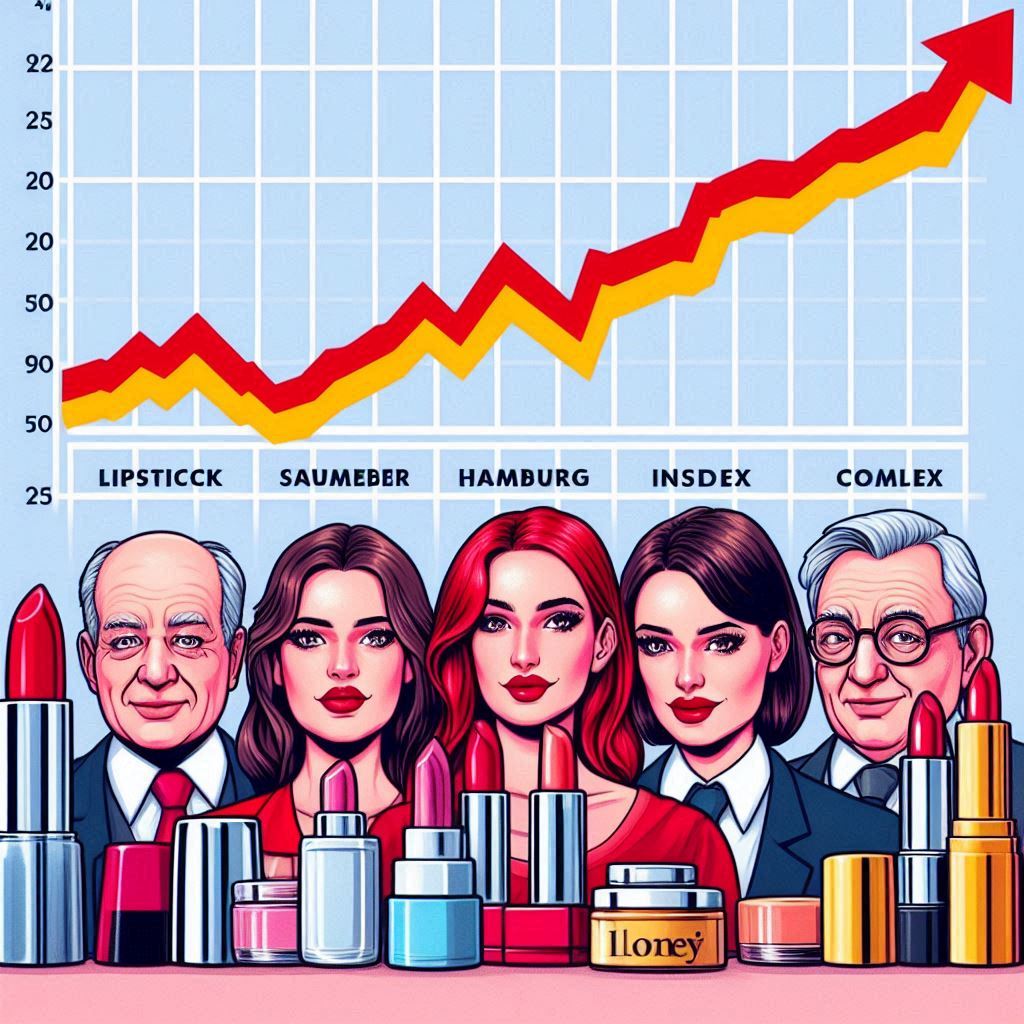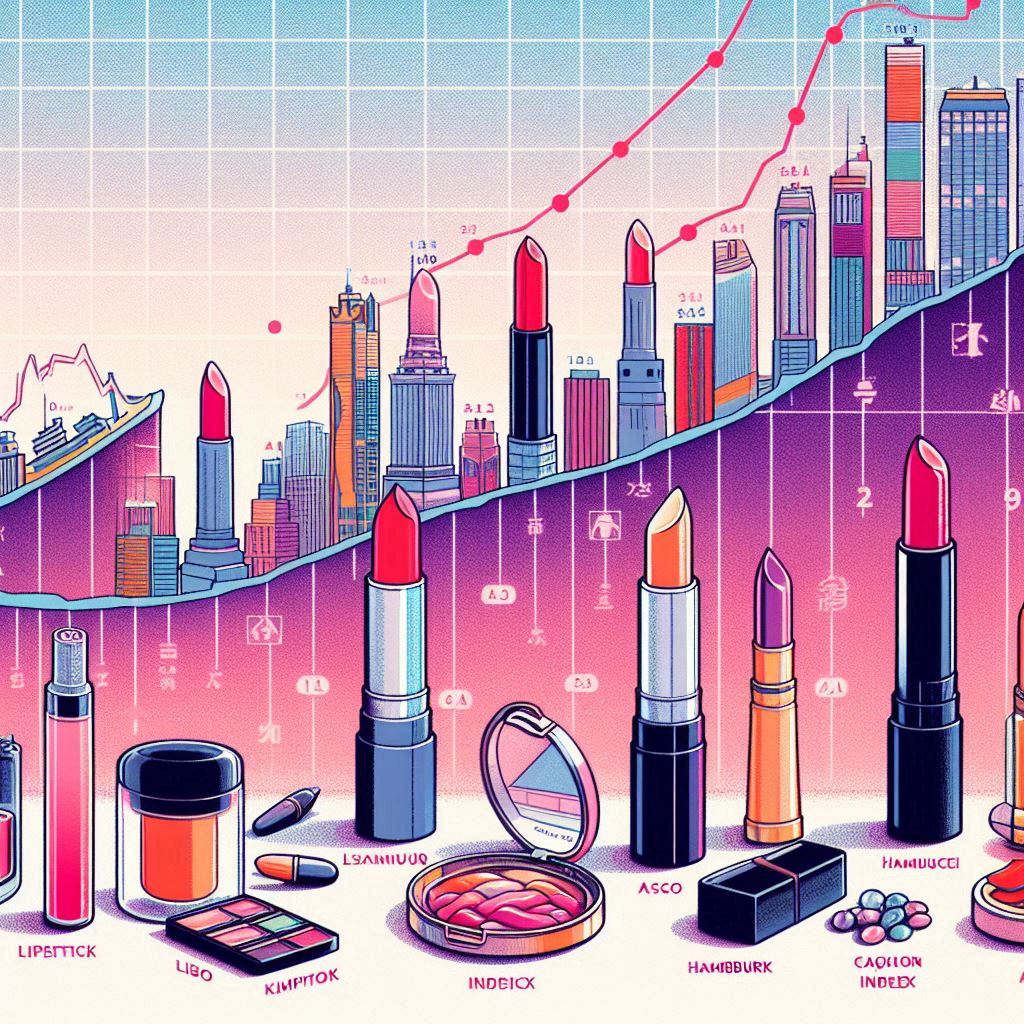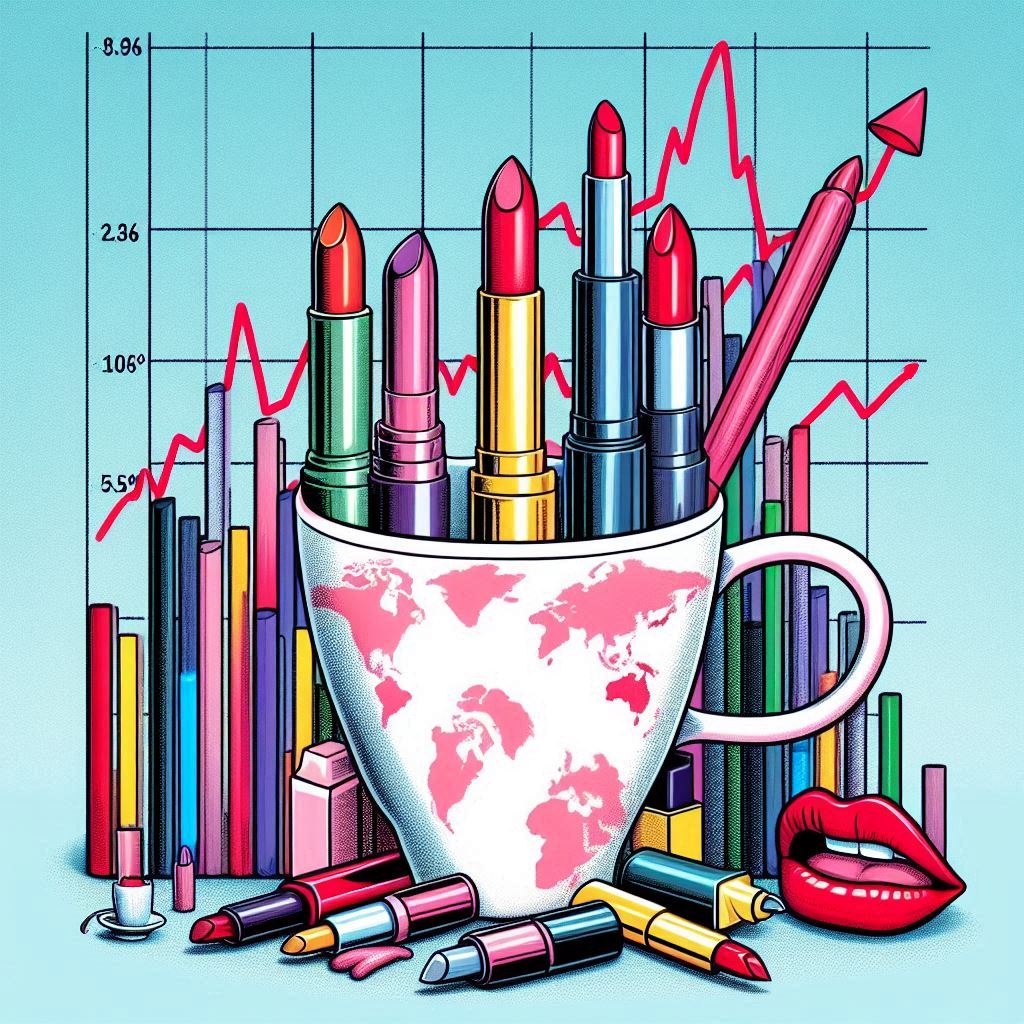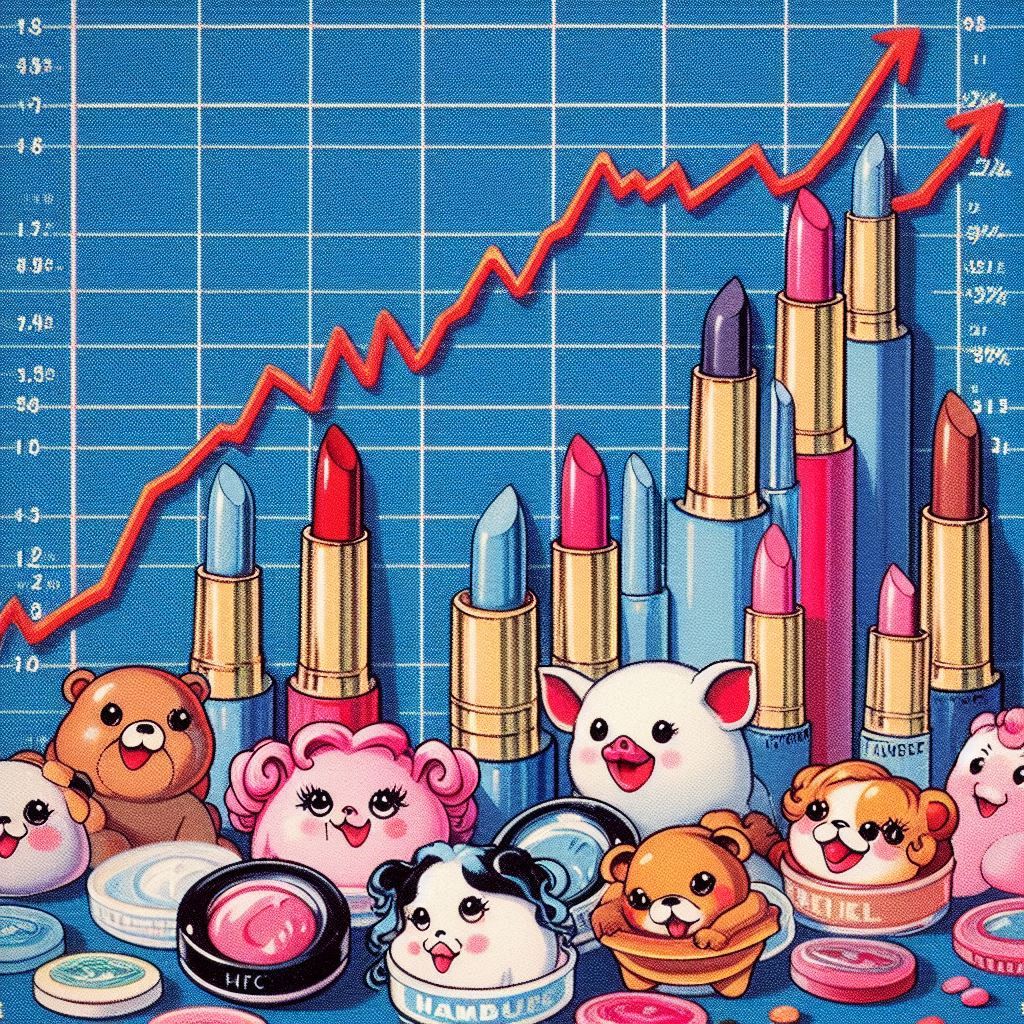經濟學的"脫衣舞女郎指數"
美國一位從事特殊行業的女子預測經濟將進入衰退,因為她去年的收入為每周11600美元,比之前減少了64%。這種評估方式在經濟學中被稱為“脫衣舞女指數”。相關的性產業指數比真正的經濟學專家更能精準地預測未來景氣的走向。"脫衣舞女郎指數" (Stripper Index) 是一個非正式和有趣的經濟指標,通過觀察脫衣舞俱樂部的業務量來預測經濟狀況。這一指數的基礎假設是,當經濟繁榮時,人們有更多的可支配收入,因此在娛樂和休閒上的花費會增加,例如去脫衣舞俱樂部。相反,當經濟不景氣時,人們的可支配收入減少,娛樂支出也會相應減少。除了脫衣舞女郎指數,經濟學中還有其他一些有趣且非傳統的方法來預測經濟走向,例如:
麥當勞指數 (Big Mac Index):由《經濟學人》雜誌創立,用來衡量不同國家之間的購買力平價(PPP)。這一指數通過比較各國麥當勞巨無霸漢堡的價格來反映各國貨幣的實際價值。高昂的巨無霸價格可能表明當地貨幣被高估,反之則表明被低估。
口紅指數 (Lipstick Index):由Estée Lauder的Leonard Lauder提出,該指數認為在經濟衰退時,女性會購買更多的口紅等小型奢侈品,因為這些商品相對便宜,但能夠提供即時的愉悅和滿足感。
內衣指數 (Underwear Index):由美國前聯準會主席艾倫·格林斯潘提出。該指數假設男性內衣的銷售量變化可以反映經濟狀況。經濟繁榮時,男性會購買更多內衣,而在經濟衰退時,內衣的銷量會減少。
男士領帶指數 (Men’s Tie Index):領帶的銷售量被認為與職場的健康狀況相關。經濟好轉時,男性購買領帶的頻率增加,反之則減少。
高跟鞋指數 (High Heel Index):該指數認為經濟不景氣時,高跟鞋的銷量和高度會增加,因為女性可能通過穿著高跟鞋來提升自信和形象。
餐館指數 (Restaurant Index):餐館業務量被用來衡量消費者信心。當經濟狀況良好時,人們更傾向於外出就餐,而在經濟衰退時,家庭自煮的比例會增加。
啤酒指數 (Beer Index):啤酒的銷售量可以反映經濟狀況。經濟不景氣時,消費者可能會轉向較便宜的啤酒品牌,而在經濟繁榮時,消費者可能會選擇更高端的啤酒品牌。
這些指數雖然都是非正式的,但它們通過觀察消費者行為的變化,提供一種有趣且直觀的方式來了解經濟狀況和消費者信心。
A woman working in a sex industry in the United States predicts that the economy will enter a recession because her income last year was $11,600 per week, a 64% decrease from before. This method of evaluation in economics is called the "Stripper Index." Indices related to the sex industry can often predict future economic trends more accurately than professional economists.
The "Stripper Index" is an informal and intriguing economic indicator that predicts economic conditions by observing business levels at strip clubs. The basic assumption of this index is that during economic booms, people have more disposable income, leading to increased spending on entertainment and leisure activities such as visiting strip clubs. Conversely, during economic downturns, disposable income decreases, resulting in reduced entertainment expenditures.
In addition to the Stripper Index, there are other interesting and unconventional methods in economics to predict economic trends, such as:
Big Mac Index: Created by The Economist magazine, this index measures purchasing power parity (PPP) between different countries by comparing the price of McDonald's Big Macs. High Big Mac prices may indicate that a local currency is overvalued, while low prices may indicate it is undervalued.
Lipstick Index: Proposed by Estée Lauder's Leonard Lauder, this index suggests that during economic recessions, women purchase more lipstick and other small luxury items because they are relatively inexpensive but provide instant gratification and a sense of indulgence.
Underwear Index: Proposed by former Federal Reserve Chairman Alan Greenspan, this index assumes that changes in men's underwear sales can reflect economic conditions. When the economy is thriving, men buy more underwear, and during recessions, underwear sales decrease.
Men’s Tie Index: Tie sales are believed to correlate with the health of the job market. When the economy improves, men buy ties more frequently, and when it declines, tie sales drop.
High Heel Index: This index posits that during economic downturns, the sales and heights of high-heeled shoes increase, as women may use high heels to boost their confidence and appearance.
Restaurant Index: Restaurant business volumes are used to gauge consumer confidence. When economic conditions are good, people are more inclined to dine out, whereas during recessions, home-cooked meals become more common.
Beer Index: Beer sales can reflect economic conditions. In tough economic times, consumers may opt for cheaper beer brands, while during prosperous times, they may choose more premium beer brands.
Although these indices are informal, they offer a fascinating and intuitive way to understand economic conditions and consumer confidence by observing changes in consumer behavior.




照片:DALLE3
- 1
- 2
- 3
- 4
